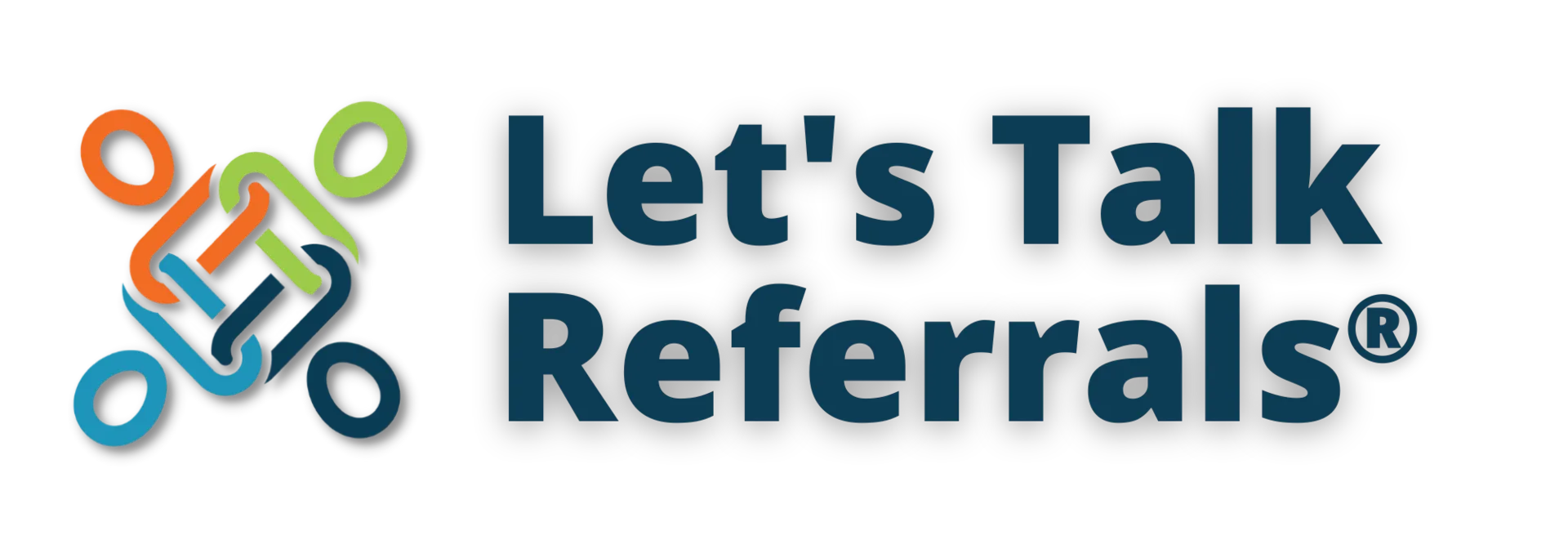Most successful business owners will tell you that there are three crucial assets in their business:
- Their customers
- Their product or services
- Their business relationships
All of these take hard work to develop, but the third one (business relationships) is the one that often gets neglected.
Relationships are difficult to build at the best of times. But, when you’re busy with all the other “stuff” of life, they’re often the people that get neglected – whether they’re business or personal relationships. This is because we can’t always see the results of our networking efforts immediately.
Networking is building relationships. It’s a life skill and lifestyle habit that takes a long-term approach to success. It involves meeting people in a systematic way to build a list of professional contacts.
When networking, the intention is to meet people with a clear goal in mind. However, it's not an activity you do only when you want something. It’s an ongoing process that creates long-term, mutually beneficial relationships.
The overall objective is to build relationships that can help you in your business and personal growth. That’s why most small business owners put time and energy into networking.
Networking is based on two fundamental concepts – abundance and reciprocity. Abundance means that there is plenty of everything to go around. When you have a good contact or a helpful skill, you don't keep it to yourself. You hook other people up, they hook you up, and there's no sense of competition.
Reciprocity is a fancy word for a simple concept – when you do something good for others, it comes back to you many times over. You help others with no expectations or obligations and their natural response is to help you back. This is the power of networking.
As an entrepreneur or small business owner, you already know how to build relationships. You have an existing level of skill when it comes to interacting with people. You do it with your suppliers, your customers, and your teams. You may already belong to different types of networking groups.
But perhaps you need to develop and sharpen these skills to take your networking to the next level. You might also need a confidence boost if networking makes you nervous.
Not everyone is naturally outgoing and stimulated by meeting new people. For some, it’s a real challenge to walk into a room full of strangers or log onto a video call for an introductory meeting, even though they may have a range of useful skills to offer.
The good news is that good networkers aren't born. They’re created.
Networking is a skill you learn and practice just like playing the guitar or touch-typing. One of the great myths about networking is that it's something you have to be a natural at, but even a total introvert can be a great networker.
The foundation of networking is the idea that you are a resource for others. Of course, you expect some benefits from building your network, but this shouldn't be your sole focus. Instead, you should see yourself as a resource that others in your network can use. When you pay it forward in this way, helping others solve their problems with your knowledge and expertise, they'll be more inclined to help you.
Whatever passion you have can be augmented through building a network of like-minded people. With a network, you can accomplish more of whatever it is you do in life. And of course, one of the major benefits of networking is referrals. Hence Let’s Talk Referrals®.
My goal in the Let’s Talk Referrals® community is to help you develop the skills and resources you need to be successful at networking for whatever goals you want to achieve. You can check out the Let's Talk Referrals Community here.
Networking isn’t ‘one size fits all’. It doesn’t have to involve functions at your local chamber of commerce, awkward mixers, or online networking events. But networking does allow you to connect with people in different ways including 1-2-1 meetings in person or virtually, group meetings or events.
No matter which format you prefer, the essential skills for cultivating professional relationships will not change.
Networking really means connecting with people and building your network and relationships with the people who have the skills or knowledge that you may need. It doesn’t mean you should exclude people from your network, but when networking with a purpose you will need to focus, much in the same way you would focus your marketing on your target markets. The extra connections you make along the way are a bonus.
The secret to developing a strong network is quality, not quantity. There’s no point having 100,000 followers on Facebook, or even 500+ connections on LinkedIn if you don't nurture the relationships in that network. Nor is it useful to go to a networking event if you don’t follow up with the people you meet afterwards.
For most people, the primary aim of networking is to create genuine relationships where you can elicit the help of others when you need it. This should be your focus as well.
The 6 core disciplines will help you in your networking efforts but the 3 you should focus on first are Identifying Your Ideal Customers, The Power of Know, Like and Trust and Build a Vibrant Community.
Let me know if you have any questions and good luck with your networking efforts.


